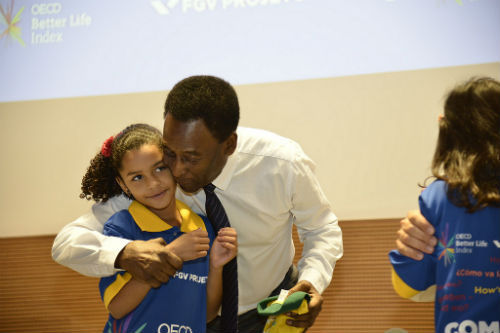
The best educational institutions in the world recognize that development of the whole child instead of focus mainly on the academic part of an education is critical to ensuring students are able to prosper in the 21st century world. Almost everyone in these institutions would acknowledge that high self-esteem, strong communication skills, creativity, collaboration with others, and the will to persevere are all critical capabilities for modern life. So what works to enhance these skills and how can we better measure them in students?
The OECD (Organization for Economic Co-operation and Development) recently published a book authored by Economist Koji Miyamoto, The Power of Social and Emotional Skills, which presents a synthesis of the available research on the important role of socio-emotional skills in education. The book persuasively argues that increasing socio-emotional skills and abilities (such as perseverance, sociability, and self-esteem) improve the individual, the society, and the economy. The study also shows how policy makers, schools, and families can work to foster socio-emotional skills and meaningfully measure the results. The Power of Social and Emotional Skills is unique in turning a philosophical and spiritual ethos about education into a science.
And apparently this is just the beginning of the OECD’s research into the significant area of socio-emotional skills. This has great potential value, since the more we learn on a global scale, the better we can work on a small scale to enhance the wellbeing, creativity, and intelligence of our students and children. For instance, Miyamoto’s research suggests that a parent’s warm day-to-day nourishment or community’s interactive projects are statistically linked to confident and productive citizens. Miyamoto joins me today in The Global Search for Education to share further perspectives on this essential work.
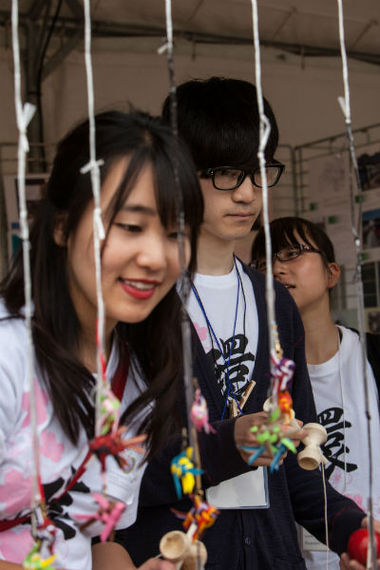
What are some practical suggestions for a parent or teacher to boost socio-emotional skills, like confidence, in a child? What approaches that you’ve seen have not worked? What do you think are the most significant ways that schools can develop students’ socio-emotional skills?
Many parents and teachers have experiences in making efforts to improve children’s self-control, confidence and mutual respect. While there are abundant anecdotes and case studies documenting success stories, there is a lack of “hard evidence” on ways to raise these soft skills. An exception is the impressive base of evidence gathered by CASEL (Collaborative for Academic, Social, and Emotional Learning), which documents useful approaches for schools and teachers to enhance socio-emotional skills. Some of them introduce new social and emotional learning (SEL) programs as part of the core curricular activities. For instance, the Second Step Program in the United States introduces age-appropriate weekly lessons for pre-kindergarten through eighth grade. They include activities designed to foster empathy, emotional coping and problem solving as well as to prevent bullying and substance abuse. In a sample lesson on “disagreeing respectfully,” students watch videos and engage in group discussions and role-playing. Teachers also visit home and encourage parents and children to practice new skills they learned in school. This program has helped improve children’s assertiveness, self-control and co-operative behavior.
An alternative way to enhance children’s socio-emotional skills is to improve existing learning environments and activities in schools and at home. For instance, a program called RULER in the United States is designed to improve the classroom atmosphere by creating a sense of warmth and mutual respect, reducing hostility, and improving teacher sensitivity to students’ emotional and academic needs. Extra-curricular activities such as after-school sports and arts activities can also be effective means to enhance socio-emotional skills. A recent German study suggests that adolescents who receive music training tend to be more conscientious, open and ambitious (Hille and Schupp, 2015).
Many successful programs make extra efforts to link family, school and community environments. It is easier for children to learn when they are guided by similar principles and approaches to socio-emotional development across learning contexts. Moreover, learning can be more effective when contexts are “shared”. For instance, service learning programs bring curricular activities outside of the classroom and into the local community, by encouraging students to engage in civic duty such as volunteering. After the community service, children will have the chance to reflect on the experiences in classrooms. The study “Learn and Serve” evaluated service learning program at 17 middle and high schools in the United States, and found that students who participated in service learning improved acceptance of cultural diversity, service leadership, civic attitudes and volunteer behavior, and reduced engagement in risky behaviors.
Given the limited evidence we have now, it is perhaps premature to point out which approaches work best. But, the good news is that we already know some of these programs are quite effective and yield a high rate of return. A recent study by researchers from Columbia University suggests that for every dollar invested in the above-mentioned SEL program, there is a return of 11 dollars.
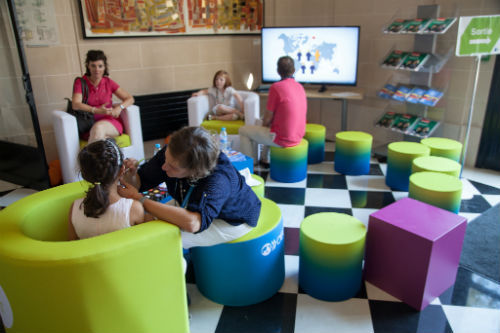
How is it possible to measure a school’s ability to boost socio-emotional skills? Is there a standardized way for schools to report on this?
Socio-emotional skills are very difficult to measure. None of the existing instruments provide perfect metrics. They tend to rely on self-reporting, or teacher reports of children’s skills, which are biased in different ways. For instance, children may say they are “hard working” if that is what they believe their teachers value highly. But they may report “not hard working” if that is considered “cool” among their peers. Teachers’ assessment of children’s academic diligence may be affected by their achievement test scores or by other information that may not closely relate to children’s diligence. To minimize some of these biases, Angela Duckworth (U-Penn) and colleagues have come-up with an innovative computer-based performance test called Academic Diligence Task (ADT). ADT is designed to assess children’s tendency to make efforts when engaging in academic tasks that are tedious in the moment but valued in the long-term. Many researchers are working hard to improve measurement instruments.
So far, most schools rely on report cards, which usually include teachers’ evaluations of children’s socio-emotional skills. While these instruments don’t necessarily provide an accurate measure of children’s socio-emotional skills, it is still a useful tool for teachers to reflect on children’s diverse capabilities, for parents to better understand how their children behave at school and for children to receive feedback on how they are performing on social and emotional skills. The Ottawa-Carleton school district does much more than preparing school report cards. In their initiative called Exit Outcomes, they measure the range of skills that children need to develop before they graduate from K-12. Many of the exit outcomes are socio-emotional skills. By making these skills transparent to teachers, parents and children, and by providing a range of activities designed to progressively monitor and develop these skills, the Ottawa-Carleton school district is empowering all those involved in the process of skill development.
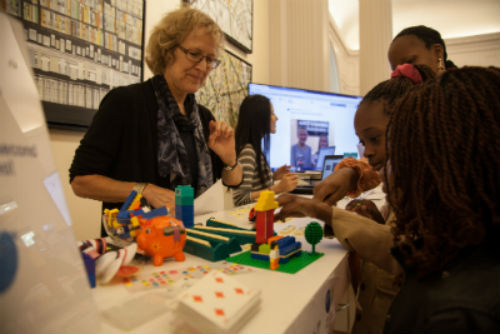
What was the most unexpected thing you learned in your research at OECD?
Before conducting our research, we anticipated that relevant socio-emotional skills are highly dependent on socio-economic and cultural contexts. Our literature reviews and longitudinal analyses of 9 countries found out that a number of socio-emotional skills including self-esteem, self-efficacy and sociability consistently played an important role in people’s lives (e.g., college completion, job outcomes, health and civic engagement) across countries. While there are specific socio-emotional skills that are likely to play a particularly important role in certain cultures (e.g. modesty in Asia), there is also a common set of skills that seem to matter wherever you are.
Another important (although perhaps not entirely unexpected) finding is that social and emotional skills do not always bring about positive outcomes. For instance, we found out that Norwegian adolescents who are more extroverted (e.g. friendly, talkative) are more likely to become obese during adulthood.
What additional research do you believe would be worthwhile in this area?
The evidence base that would be useful for teachers and parents to raise children’s socio-emotional skills is still very limited. This is due, in part, to the under-developed measurement instruments available for measuring socio-emotional skills across countries, cultures and population groups. We need to invest a lot more time and efforts to improve and validate these instruments. This will subsequently help to improve toolkits that parents, teachers and policy makers can use to monitor the progress of children’s social and emotional development. This will also help improve the quality of evidence, by providing improved measures that can be integrated into intervention studies and large scale longitudinal studies. These studies will eventually help identify “what works” to enhance children’s socio-emotional skills. The OECD is currently preparing a longitudinal study that follows children’s socio-emotional skills over time. This study is designed to identify family and school factors that drive the development of children’s socio-emotional skills and how these skills in turn help improve children’s future outcomes.
There are many intervention studies in the United States that evaluate effectiveness of different program designed to enhance children’s socio-emotional skills. Unfortunately, there aren’t many intervention studies outside of the United States. This is a real pity, since we have witnessed many innovative approaches to socio-emotional development outside of the US. There is a lot to learn from these non-US program if they are better evaluated and documented.
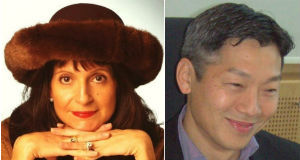
 (All Photos are courtesy of OECD)
(All Photos are courtesy of OECD)
Join me and globally renowned thought leaders including Sir Michael Barber (UK), Dr. Michael Block (U.S.), Dr. Leon Botstein (U.S.), Professor Clay Christensen (U.S.), Dr. Linda Darling-Hammond (U.S.), Dr. MadhavChavan (India), Professor Michael Fullan (Canada), Professor Howard Gardner (U.S.), Professor Andy Hargreaves (U.S.), Professor Yvonne Hellman (The Netherlands), Professor Kristin Helstad (Norway), Jean Hendrickson (U.S.), Professor Rose Hipkins (New Zealand), Professor Cornelia Hoogland (Canada), Honourable Jeff Johnson (Canada), Mme. Chantal Kaufmann (Belgium), Dr. EijaKauppinen (Finland), State Secretary TapioKosunen (Finland), Professor Dominique Lafontaine (Belgium), Professor Hugh Lauder (UK), Lord Ken Macdonald (UK), Professor Geoff Masters (Australia), Professor Barry McGaw (Australia), Shiv Nadar (India), Professor R. Natarajan (India), Dr. Pak Tee Ng (Singapore), Dr. Denise Pope (US), Sridhar Rajagopalan (India), Dr. Diane Ravitch (U.S.), Richard Wilson Riley (U.S.), Sir Ken Robinson (UK), Professor Pasi Sahlberg (Finland), Professor Manabu Sato (Japan), Andreas Schleicher (PISA, OECD), Dr. Anthony Seldon (UK), Dr. David Shaffer (U.S.), Dr. Kirsten Sivesind (Norway), Chancellor Stephen Spahn (U.S.), Yves Theze (LyceeFrancais U.S.), Professor Charles Ungerleider (Canada), Professor Tony Wagner (U.S.), Sir David Watson (UK), Professor Dylan Wiliam (UK), Dr. Mark Wormald (UK), Professor Theo Wubbels (The Netherlands), Professor Michael Young (UK), and Professor Minxuan Zhang (China) as they explore the big picture education questions that all nations face today.
The Global Search for Education Community Page
C. M. Rubin is the author of two widely read online series for which she received a 2011 Upton Sinclair award, “The Global Search for Education” and “How Will We Read?” She is also the author of three bestselling books, including The Real Alice in Wonderland, is the publisher of CMRubinWorld, and is a Disruptor Foundation Fellow.
Follow C. M. Rubin on Twitter: www.twitter.com/@cmrubinworld


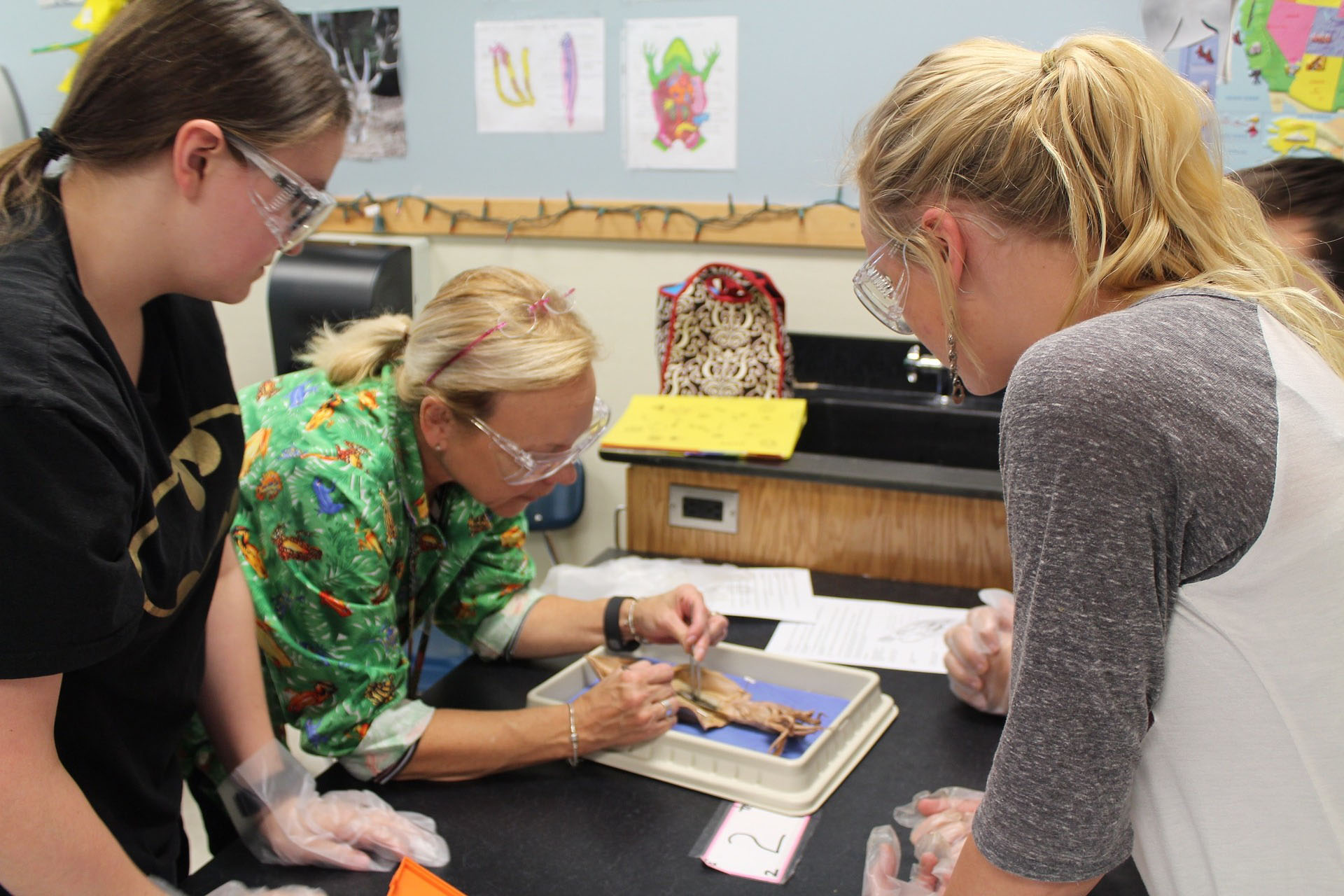
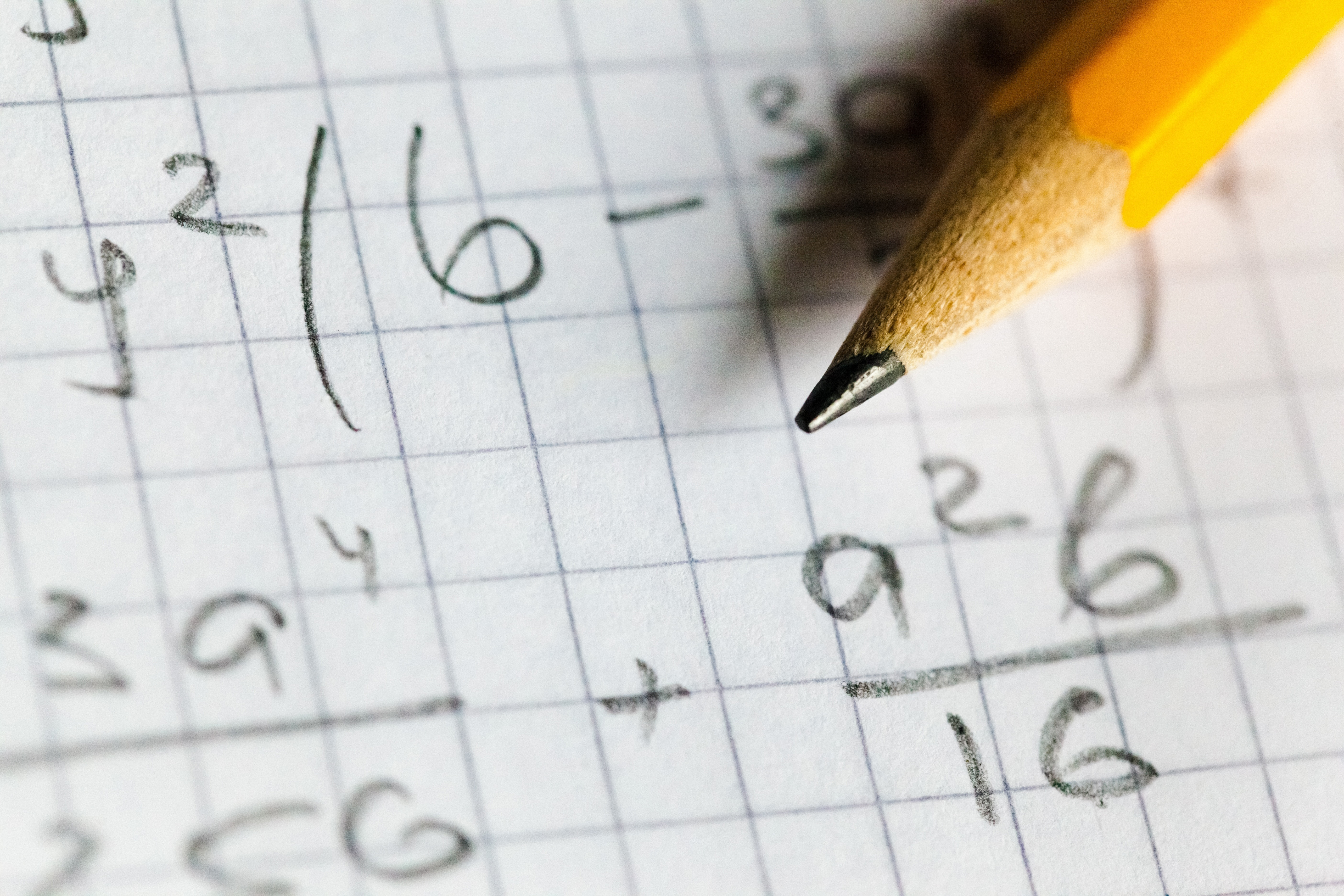
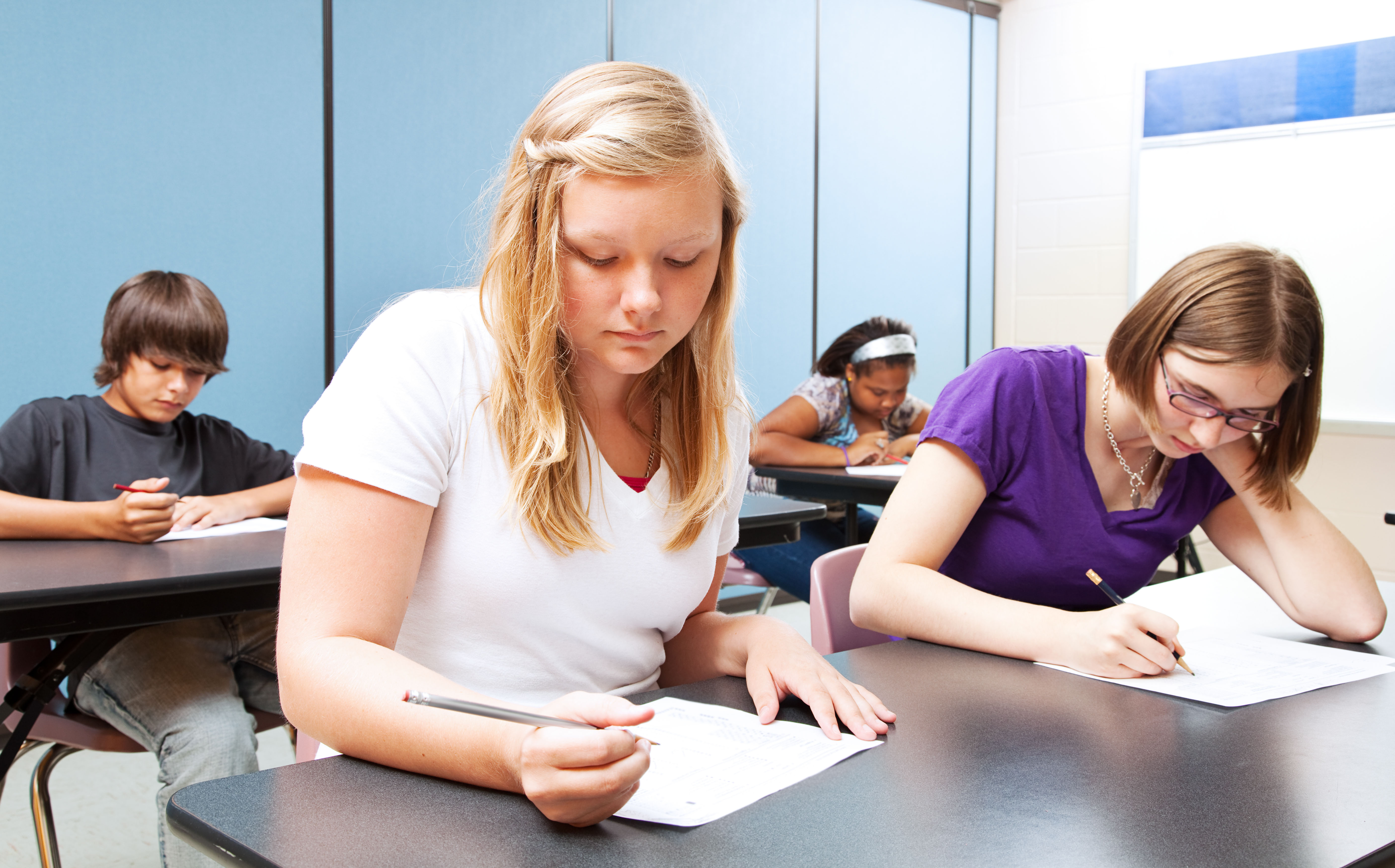
Recent Comments